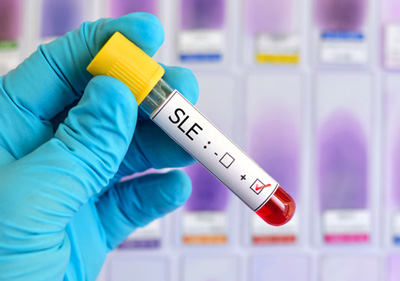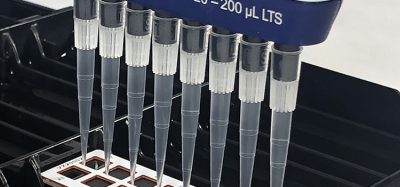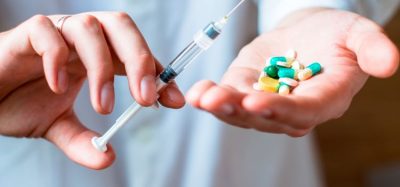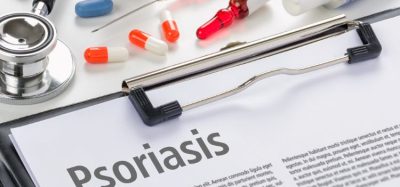Greater response with GSK’s Benlysta vs placebo in SLE study
Posted: 8 June 2016 | | 2 comments
Patients with SLE experienced a significantly greater response to treatment with Benlysta administered via subcutaneous injection compared to placebo…


Data from GSK’s BLISS-SC Phase III study show that patients with highly active systemic lupus erythematosus (SLE) experienced a significantly greater response to treatment with Benlysta (belimumab) 200mg administered via subcutaneous injection plus standard of care (SoC), compared to placebo plus SoC.


High SLE disease activity is associated with symptom flares and a range of organ manifestations in lupus patients. The pre-specified analysis reviewed a subset of patients from the study. This high disease activity sample is reflective of the licensed population for Benlysta intravenous formulation in the European Union.
Results showed that patients with highly active SLE (low C3/C4 complement and positive anti-double-stranded DNA) treated with belimumab administered subcutaneously plus SoC (belimumab group) had significantly greater reductions in disease activity as measured by the primary efficacy endpoint SRI4 (Systemic Lupus Responder Index) at Week 52, compared to placebo plus SoC (placebo group). These findings are consistent with those observed in the pivotal Phase III BLISS clinical trial programme for belimumab administered intravenously.
For the pre-specified secondary endpoints, patients in the belimumab group showed a 62% reduction in their risk of experiencing a severe flare compared to those in the placebo group. 14.1% of patients in the belimumab group had a severe flare during the course of the study compared to 31.5% in the placebo group. In patients receiving more than 7.5mg/day of prednisone, 20.7% of patients in the belimumab group were able to reduce their steroid dose by 25% or more to <7.5mg/day during Weeks 40-52, compared with 11.4% of those in the placebo group, but this was not statistically significant.
“Valuable insights”
Commenting on the research, Professor Andrea Doria, University of Padua, Padua, Italy, said: “The range of clinical benefits seen with Benlysta in this sub-set of patients with more active lupus provides valuable insights for clinicians about disease characteristics that may help inform the potential response to treatment and improve certain outcomes for patients living with this debilitating disease.”
The overall safety profile of belimumab in this subset population of BLISS-SC appears generally consistent with that observed in the two previous BLISS studies (BLISS-52 and BLISS-76). The overall incidence of adverse events (AEs) was 78.2% in the belimumab group vs 81.5% in the placebo group. The percentage of patients experiencing a serious AE was 13.3% in the belimumab group compared with 23.1% in the placebo group.
Related topics
Related organisations
European League Against Rheumatism (EULAR), GlaxoSmithKline (GSK)









can you tell me if GSK is running phase III trials for Benlysta in the US?
Hi Sal, you’ll need to contact GSK directly, Regards – Nick